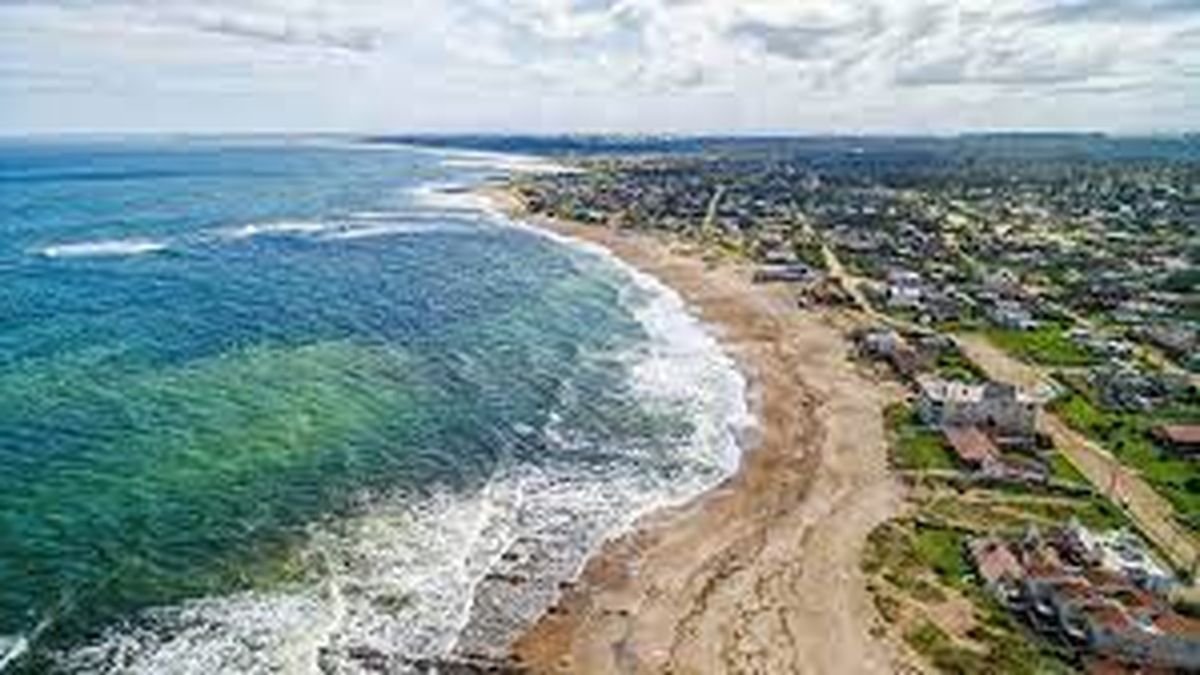The Rocha Municipality flew over the coast of the department and identified more than 3,000 irregular constructions and that is why it opened a amnesty with the aim of power regularize the buildings where they will have time until December 31.
Excluding Park Neighborhood, the places that will be able to access the amnesty are those buildings in La Paloma, La Pedrera, San Sebastián and Santa Isabel de La Pedrera; Punta Rubia and Punta del Diablo.
The Municipality established, through a statement published last Thursday, that “the Inappropriate Building Tax starting in 2024, to properties whose owners have not signed the declaration for the regularization of buildings” before the commune.
The established time is until December 31, where the process of regularization and qualification of the buildings. Once these processes are completed, the real value of the cadastre can be modified, as confirmed by the mayor of Rocha, Alejo Umpiérrezto El País.
However, those who do not comply with the corresponding declarations, as of January 1 of next year, will begin to be charged the Inappropriate Building Tax where the spas will be charged 25 Readjustable Units (UR) – equivalent to 40,650 Uruguayan pesos – for each year not declared, which will be added to the value of the land.
The mayor recalled that the tax was set by the then Broad Front mayor Artigas Barrioswho governed the department between 2005 and 2015. The tax was intended to be collected in fiscal areas of Valizas, Sweet waters and Cape Polonio.
The response to a complaint
The amnesty arose after neighbors complained about a surprise fine for their buildings on the coast, without prior notice. On October 5, the Neighbors Civil Association from Punta Rubia de La Pedrera expressed his rejection of the fine of 20 UR that the mayor was seeking.
In that sense, the association clarified that they understand “the need to comply with the process of regularization in those works that do not have the necessary legal authorizations.”
However, he stressed that, to regularize, “there are processes and different instances for this, including notifications and summonses, where deadlines are agreed or proposed to comply with the ordinances, unless there is an inspection to verify an irregular phenomenon in a property that determines the penalty fee”.
Source: Ambito




